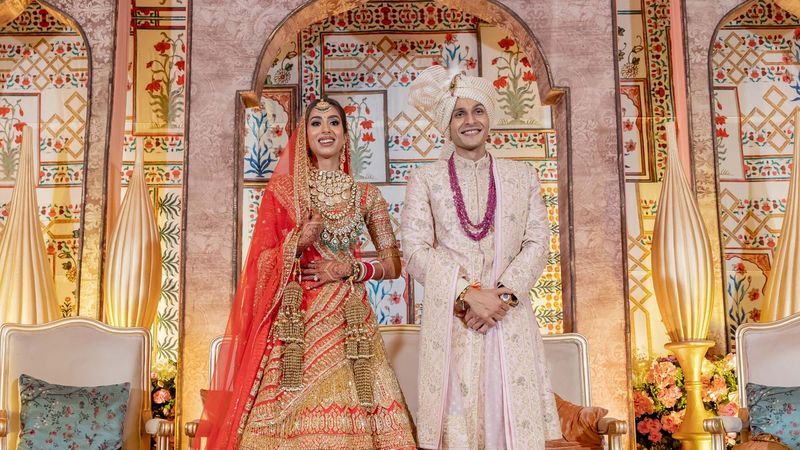In the not-so-distant future, the landscape of celebrations and event planning is undergoing a revolutionary transformation, propelled by cutting-edge technologies and evolving societal trends. Traditional event planning is giving way to a seamless fusion of the physical and virtual realms, creating immersive and unforgettable experiences for participants. Augmented reality AR and virtual reality VR have become the cornerstones of this evolution, enabling event organizers to craft dynamic, multi-dimensional environments that transcend the limitations of physical spaces. The integration of AR and VR technologies has democratized access to events, allowing people from around the world to participate in celebrations without the constraints of geographical distances. Attendees can don VR headsets or use AR applications on their smartphones to be virtually present at a wedding, corporate conference, or music festival. This not only broadens the reach of events but also reduces the environmental impact associated with travel, aligning with the growing emphasis on sustainability.

Artificial Intelligence AI plays a pivotal role in reshaping the event planning landscape. AI-powered event management platforms leverage data analytics to predict trends, preferences, and attendee behavior, allowing organizers to tailor experiences to individual tastes. Personalized recommendations, dynamically adjusting schedules, and even AI-driven chatbots that enhance attendee engagement are becoming staples of the modern celebration. These intelligent systems not only streamline the planning process but also contribute to the creation of events that are more attuned to the desires of the audience. The rise of the Internet of Things IoT has resulted in smart venues that can adapt to the needs of the event in real-time. From adjustable lighting and temperature control to responsive seating arrangements, IoT-enabled spaces enhance the overall ambiance and comfort of attendees. Furthermore, wearable devices equipped with biometric sensors provide event organizers with valuable insights into the well-being of participants, enabling them to make informed decisions to optimize the overall experience in Cristina Verger Event Planning & Production LLC. Blockchain technology is revolutionizing the management of ticketing, ensuring transparency, security, and the prevention of counterfeit tickets.
Smart contracts embedded in the blockchain automate various aspects of event logistics, from ticket sales to vendor payments, reducing the administrative burden on organizers. This not only fosters trust among stakeholders but also mitigates the risks associated with fraudulent activities. The future of celebrations also embraces sustainability as a core principle. Eco-friendly practices, such as the use of biodegradable materials, energy-efficient technologies, and waste reduction strategies, are becoming integral to event planning. Green rooftops, solar-powered stages, and zero-waste catering are just a few examples of how events are aligning with the global movement towards environmental consciousness. In conclusion, the future of celebrations is a harmonious blend of technological innovation, personalization, sustainability, and global connectivity. As event planning continues to evolve, embracing cutting-edge technologies and forward-thinking practices, celebrations are poised to become more inclusive, immersive, and memorable than ever before.
